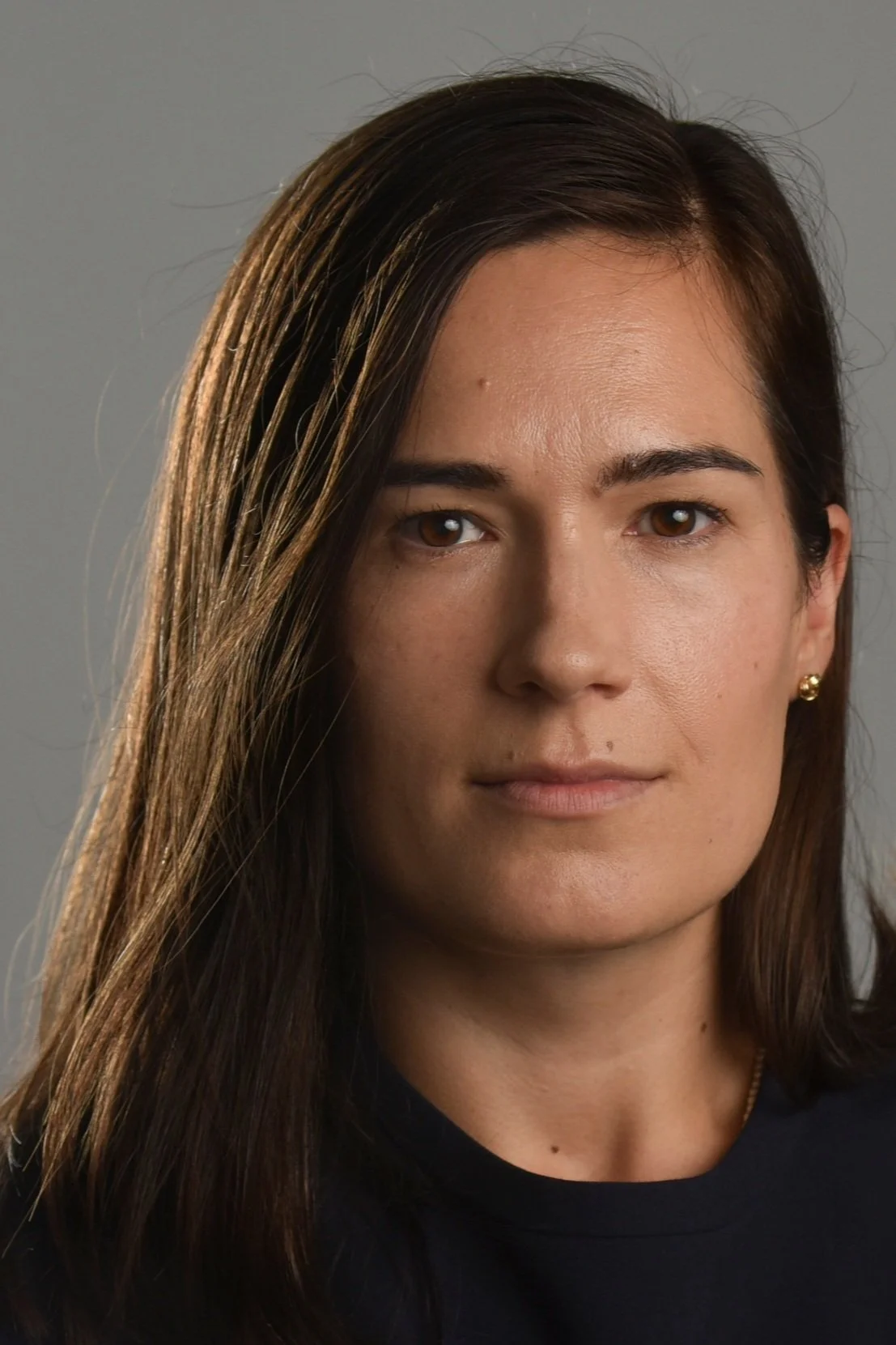CFWIJ Afghanistan Evacuation Efforts
Since August 2021, CFWIJ has evacuated and assisted 800 journalists, women leaders and activists to safety.
CFWIJ had been assisting journalists in Afghanistan since 2019 when risks to life for women journalists, in particular, was high. In the first half of 2021 alone, five women journalists were killed and over dozen reported to CFWIJ about threats they received from the Taliban and other non-state actors.
Then in August 2021, since the US pullout, the emergency for this work heightened and multiplied. We have done everything from relocations, and providing safe houses to safe transports to evacuate women journalists, leaders and many others with their families. Our multiple airlifts have evacuated hundreds and supported hundreds more in collaboration with other organizations.
Statements
Reports
Resources
CFWIJ has compiled these resources for women journalists to follow as they try to leave the country. Helpful contacts to evacuate journalists and organizations that help them on the ground are all listed below.
Details of states’ refugee programs for Afghan citizens and are listed.
Important information and contact list for Afghan journalists where to evacuate
Instructions by UK government for Afghans seeking evacuation
Refugee Council USA shared a social media toolkit and a list of resources.
International Refugee Assistance Project compiled legal resources for Afghans.
The IRC supports Afghan families and people in crisis worldwide.
Guidelines
At a time like this, it is important to prioritize your safety. Thus, to all Afghan allies still in Kabul - at this time we advise you to leave for safer areas. Please follow our guidelines to ensure a safer process of evacuation for yourself.
*Click images to zoom
Prior to leaving Kabul
Only notify those family members whom are going with you of your plan.
Family in Kabul should not call anyone who is traveling, unless it is an emergency and initiate the conversation with a safe phrase or panic phase to que the receiver. If panic, hang-up and shut that phone down. Switch to a secondary phone.
Use the bathroom before leaving.
Inspect if the vehicle is
Full tank of gas
Clean the windshield and leave the side windows dirty or as they are
Do not wash the vehicle
Make sure all tires are inflated and suitable for high-speed driving
Check spare tire also
Ensure proper markings are on the vehicle (license plate, legal and current)
Ensure headlights are functioning enough for night driving
Packing list (at a minimum)
Water bottle
Food // snacks
Face covering // hair covering // glasses
Cell phone
Cell phone charger (wall)
External cell battery if available
Cell phone charger (car)
All required medicine
At least 3pairs of clothes
Towel, bathing supplies
2 bags at most
All valuables in one bag (preferred backpack), be prepared to leave second bag
Shoes that fit firm to your feet and able to run in them
Wear clothing that does not stand out
Wear clothing that you are able to run in with a backpack on
Money, as much as you are able. Keep in a few different places on yourself and bag
Gold rings/bracelets/watches/necklaces to use for bargaining and quick payments
NO PICTURES
PASSPORT (keep this hidden and only use as a last resort)
Any item with your name or picture must remain hidden until last resort
Actions with Cell phone
Change your name to something else and use your native language.
DELETE any conversations in English.
Change all notifications on the phone to native language.
Ensure additional personal contact info is not saved with the phone number.
Erase all text messages from your aids which are not important to maintain
Turn off tracking application
Use a separate cell phone for navigation
What to observe at the checkpoint
Are there any weapons present?
How many people are present?
Who is running the checkpoint?
What are they looking for?
What are they asking?
What is their demeanor?
How long does it take to pass through the checkpoint?
Are they searching vehicles on the side?
Are there people being removed from vehicles?
How many vehicles are at the checkpoint?
Does the checkpoint guard shift at different times of the day?
Vehicle two should imitate actions of vehicle one to remain normal.
Vehicle three should assess whether approach or to stop, depending on actions of vehicle one and two








